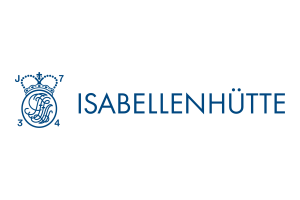Internet Economy
German Association of the Internet Industry Against »Digital Tax«
The chairman of the Eco board, Oliver Süme, expresses »understanding« for an amendment of the competition law, but sees the Internet economy worse off than local stores due to the introduction of a »digital tax«.
The EU Council has presented a proposal for the taxation of Internet companies, which provides for the introduction of so-called »digital permanent establishments«. The Federal Council has assessed this proposal positively, because according to it the principle of taxation at the place of value creation applies. This would prevent Internet groups from being exempt from taxation and thus avoid distortions of competition.
In addition, there is to be an amendment to the Act against Restraints of Competition. The aim is for the GermanFederal Cartel Office to be able to intervene in merger control even if a company's turnover is still low but the purchase price is particularly high. The President of the Federal Cartel Office, Andreas Mundt, formulated that the Federal Cartel Office »can in future examine economically significant mergers with regard to their competitive effects even if the competitive potential of the companies is not yet reflected in specific sales«. In concrete terms, this should take effect, for example, when even small companies secure a dominant market position by setting up a platform.
Digital Economy Feels disadvantaged
Oliver Süme, Chairman of the Board of the Association of the Internet Industry, Eco, comments: »In view of digitization and platform economics, the amendment of antitrust law is fundamentally comprehensible. However, the Federal Government must ensure that there is no shift to the detriment of the entire Internet economy«. This had already happened within the framework of the 9th amendment to the Act against Restraints of Competition. The European plans for a Platform to Business (P2B) regulation and the introduction of a digital tax also went in a direction that fundamentally puts Internet companies in a worse position than the offline economy. »Such a slowdown of Internet companies ignores the economic significance of digitization and is the wrong signal for the German and European digital location,« Süme continued.
Especially in the digital world, the rapid redefinition of markets often leads to dominant market positions, even for smaller companies that exploit first mover advantages. A problem for competition alone cannot necessarily be derived from this. Within the framework of the Federal-State Media Convergence Commission, Eco has advocated to promote a complaint-driven antitrust law in which the abuse of market power is more in the focus and in which the Federal Cartel Office can take action in response to corresponding complaints or in the detection of abuse of market power.








